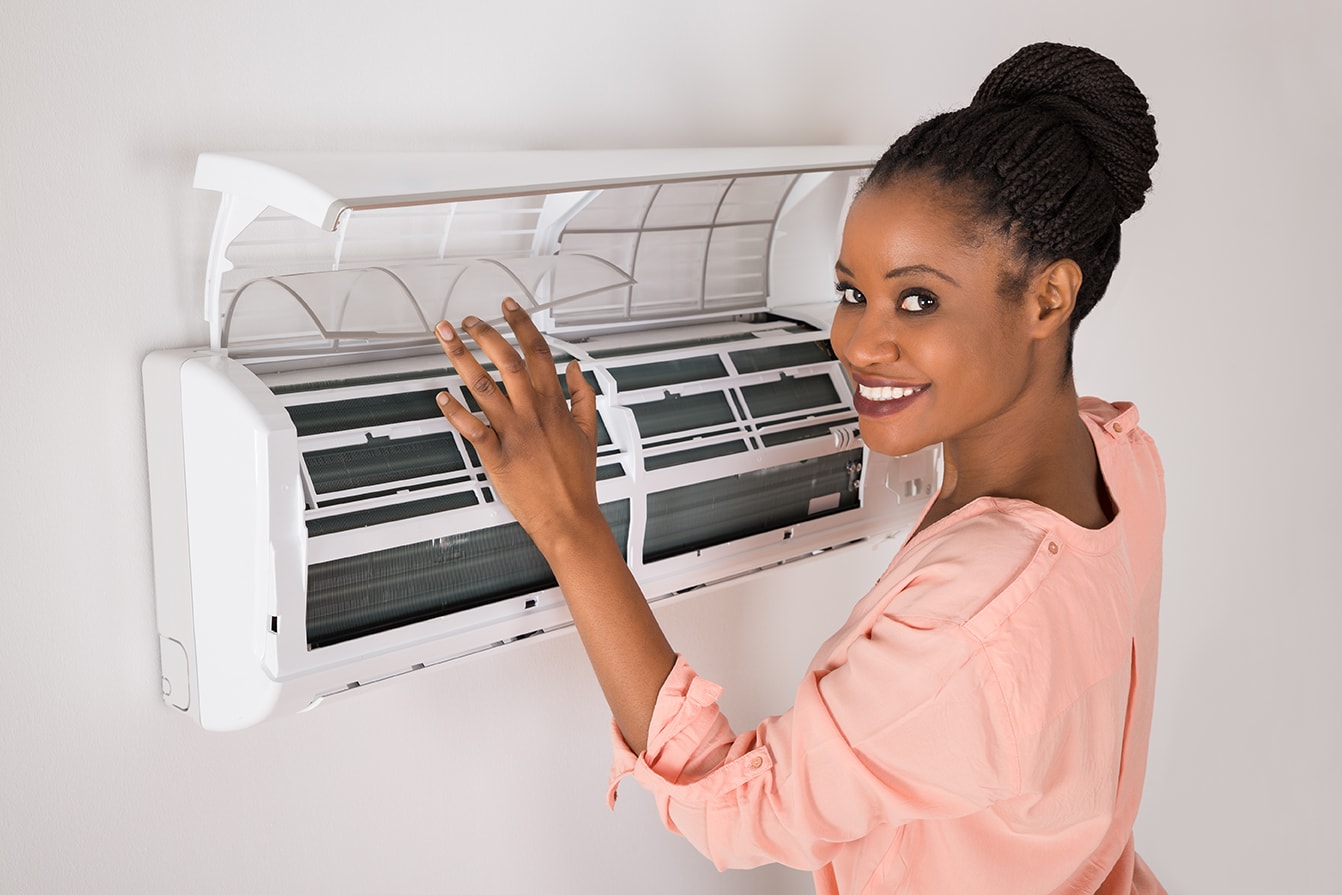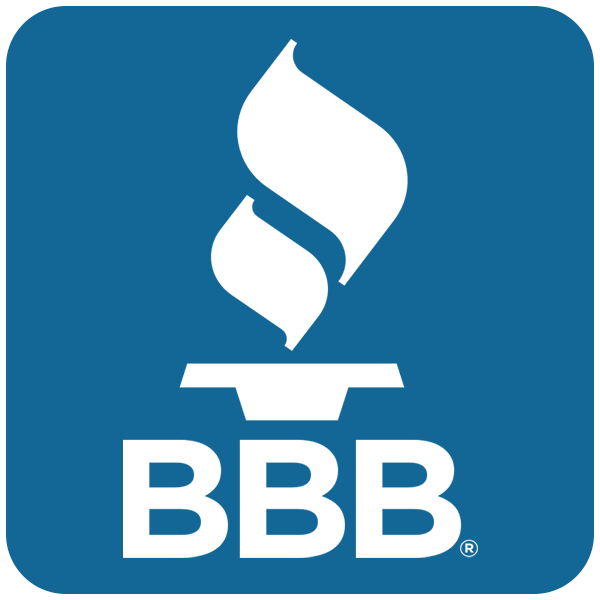
How to Maximize The Efficiency of Your Cooling System
As the weather begins to heat up, your cooling system will be hitting full stride and working tirelessly to maintain comfortable temperatures in your home. This can be compounded however, if you are putting unnecessary stress on your unit by leaving windows open or allowing blockages and air leaks to compromise your system. Here are some best practices to maximize the performance of your cooling system while saving you money on your energy bill.
Routine Maintenance
Checking your vents and outdoor unit for obstructions should be one of your first courses of action. This is absolutely the easiest and least expensive way to ensure that your system is functioning properly and not racking up higher energy bills trying to power air through a semi-blocked vent. Inspect your ductwork for any leaks, cracks or misalignment. Also, checking and changing air filters is always a simple yet effective way to improve the performance of your air conditioning system.
Insulate and Weatherize Your Home
Having your home insulation inspected and audited for energy loss. It’s best to make sure that all your windows are closed tight, and it may be best to lock them when you’re not using them for extra pressure. The same logic applies to doors on the outside of your home, as deadbolts tend to keep the door closed tight to avoid air leaks. If your home requires weatherization, you can seal around your doors and windows to keep cool air from leaking out and outside temperatures from creeping in. Another important area to keep well insulated and sealed is the area between your ceiling and your attic. If there are cracks that have gone unaddressed, all of the heat being stored in your attic can make its way into your main rooms and make your cooling system work harder than it has to. Even something as simple as draft stoppers under doors near the outside of your home can make a difference in energy loss.
Other Tips & Considerations
Sunlight is always comforting and beneficial when you’re home to experience it, but it’s best to keep your curtains and blinds closed during the day, especially in rooms that you won’t be in. This keeps your home’s interior from trapping more heat and gives your air conditioning unit a more level playing field. Then, when you return to a cool and comfortable house, you can enjoy every moment of opening the blinds for some Vitamin D.
If possible, try to use the oven and dryer during the evening hours. Your air conditioner is working hardest during the day to combat the natural heat, and these appliances use a lot of energy and produce a great deal of additional heat in the process. Staggering your appliance time will save money on your energy bill and put less stress on your unit during the day.
Lastly, it’s important to regularly check on your thermostat and adjust its schedule (if applicable) to remain fairly consistent without massive swings in temperature. It’s easier for your unit to maintain a moderate temperature rather than constantly overcorrecting in massive temperature spikes from an unreasonable cooling schedule. You can also experiment with how cool your home truly should be to feel comfortable. It may be closer to the 70’s than you’d think, which is much easier to maintain than a frigid 60 degrees during the peak of Summer. If you can find the best comfortable temperature and develop a responsible cooling schedule, you may save big on your energy costs.
Sources: Energized by Edison International, Energy Star, and Smart Energy Today
ABOUT ROBILLARD HVAC
If you’re in need of HVAC maintenance services in North Central Massachusetts or South Central New Hampshire, Robillard HVAC is the call to make with over 15 years of experience. Our maintenance specialists work quickly, efficiently, and effectively so that your system gets back up to speed and running clean. Contact Robillard HVAC today for expert HVAC services.
For more information contact:
Robillard HVAC
Servicing North Central MA
& South Central NH
BUSINESS HOURS
7:00AM – 7:00PM
AVAILABLE 24/7 FOR EMERGENCIES
[email protected]
View Our Service Areas



